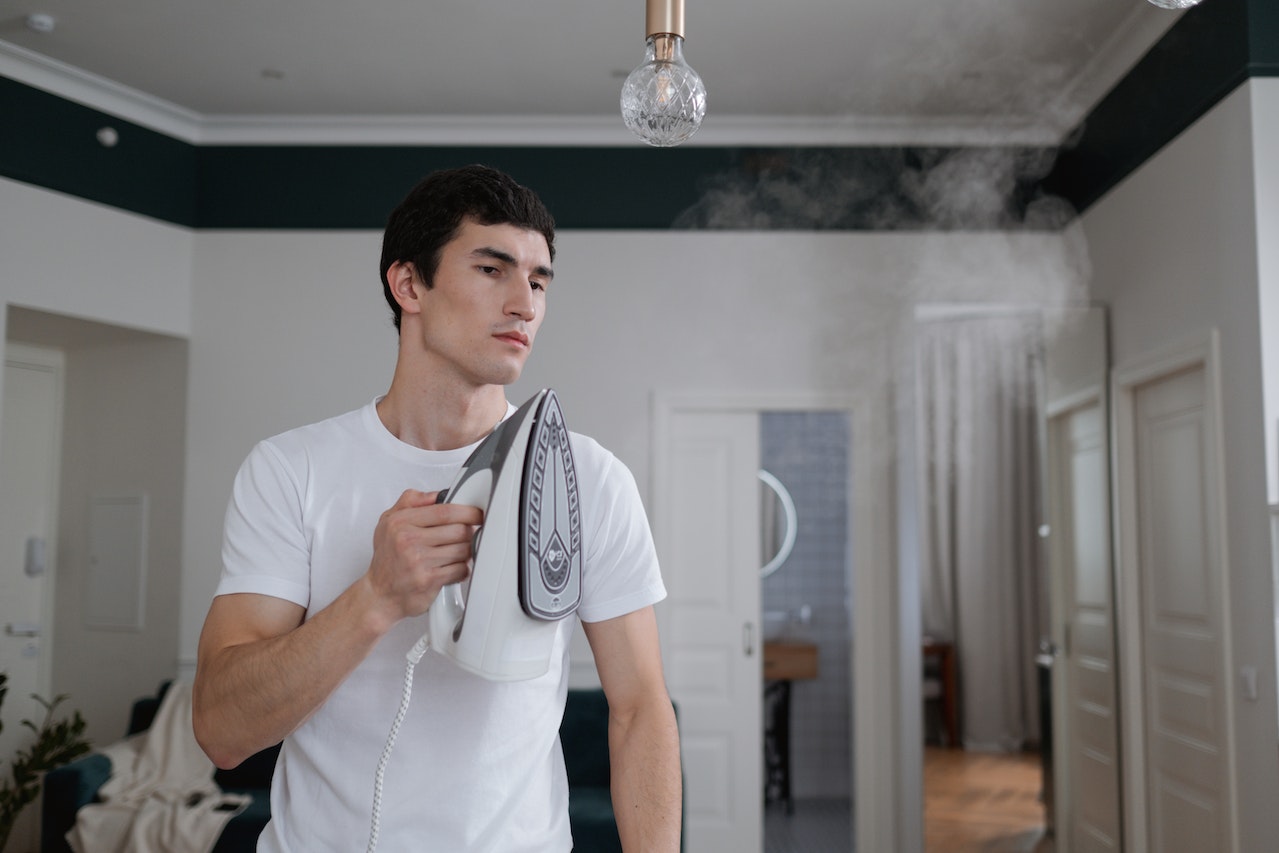Electricity is an essential part of our everyday life. Electrical hazards, however, can be dangerous for everyone in a home. Fire and electric shock can even be lethal in some cases. Know the keys to keeping your home safe from these electrical hazards.
Keep Electrical Appliances Dry
Water and electricity don’t mix. Ensure electrical appliances are located away from water and moisture to avoid electrocution. If someone drops a device into water, shut off the power supply at the electrical panel and then unplug and retrieve the device. Always have an appliance technician, such as one from Mr. Sparky Electrical Services, check a device to make sure it’s safe to use again once it is dry. When working outdoors, do not use power tools in wet weather.
Use the Correct Light Bulbs
Always install the correct wattage for lighting fixtures and lamps. If a bulb has higher wattage than recommended, it can overload the wiring. Overloaded wires can lead to overheating and a fire. Also, ensure bulbs are securely fit into lamps to avoid overheating.
Keep Electrical Outlets Safe
Electrical safety outlet covers prevent children from putting their fingers or objects like paper clips or pins into electrical outlets. Another option is to install tamper resistant receptacles (TRR). Ensure all plugs are tight, and never overload outlets with multiple plugs or extension cords. Do not remove the third prong on a plug to make it fit a two-prong socket.
Protect Against Surges
Homeowners should use surge protectors while equipment is turned on, especially in a home with an unstable power supply. Turn off electrical equipment like TVs and gaming systems when they are not in use. This protects against overheating or a power surge that could result in a fire or damage to the electronics.
Safeguard Electrical Cords
It can be dangerous to have electrical cords going across furniture and under carpets or rugs. Cords should not run through high-traffic areas or be nailed to a wall. Check cords occasionally to ensure they are not damaged or frayed. Extension cords should be used temporarily, not as a permanent wiring solution.
Ground Fault Circuit Interrupters (GFCIs)
Ground fault circuit interrupters can help prevent electrocution. If a person’s body starts to receive a shock, the GFCI senses it and turns off the power. GCFIs are usually used where electrical circuits may come into contact with water—the kitchen, bath, laundry room, or garages.
Hire Experts for Electrical Repairs
Homeowners should not do their own electrical work to save money. There is a real risk of electric shock during a repair, and if not done correctly, problems may remain, sparking a fire at any time. It is safer to leave these dangerous jobs to a professional.
Get a Safety Inspection
Homeowners who suspect their home has a wiring system problem should hire a professional to complete an electrical safety inspection and risk assessment. This will give peace of mind to homeowners and protect the property. Technicians recommend inspecting homes with aluminum wiring at least every five years.
Be Mindful of Constant Circuit Breaker Trips
Circuit breakers trip when an overload or short circuit occurs. Homeowners who experience this frequently should have a professional check out the home’s wiring system as soon as possible. Breaker trips could be from a faulty appliance, old or damaged wiring, or deterioration of the circuit breakers.
For peace of mind, be mindful of these electrical hazards. A few checks and a call to the professionals will keep your house in top working order and free from electrical hazards.
